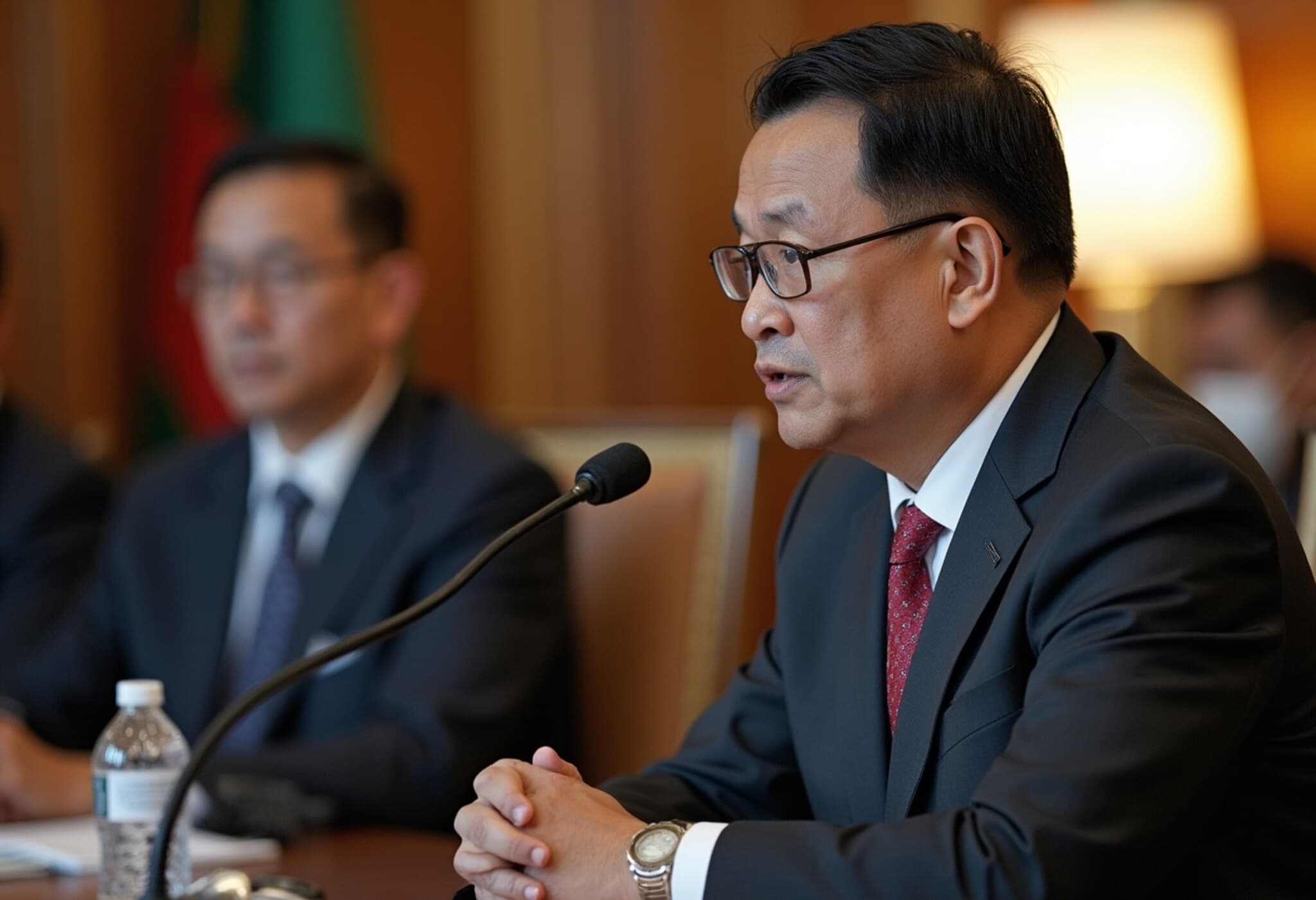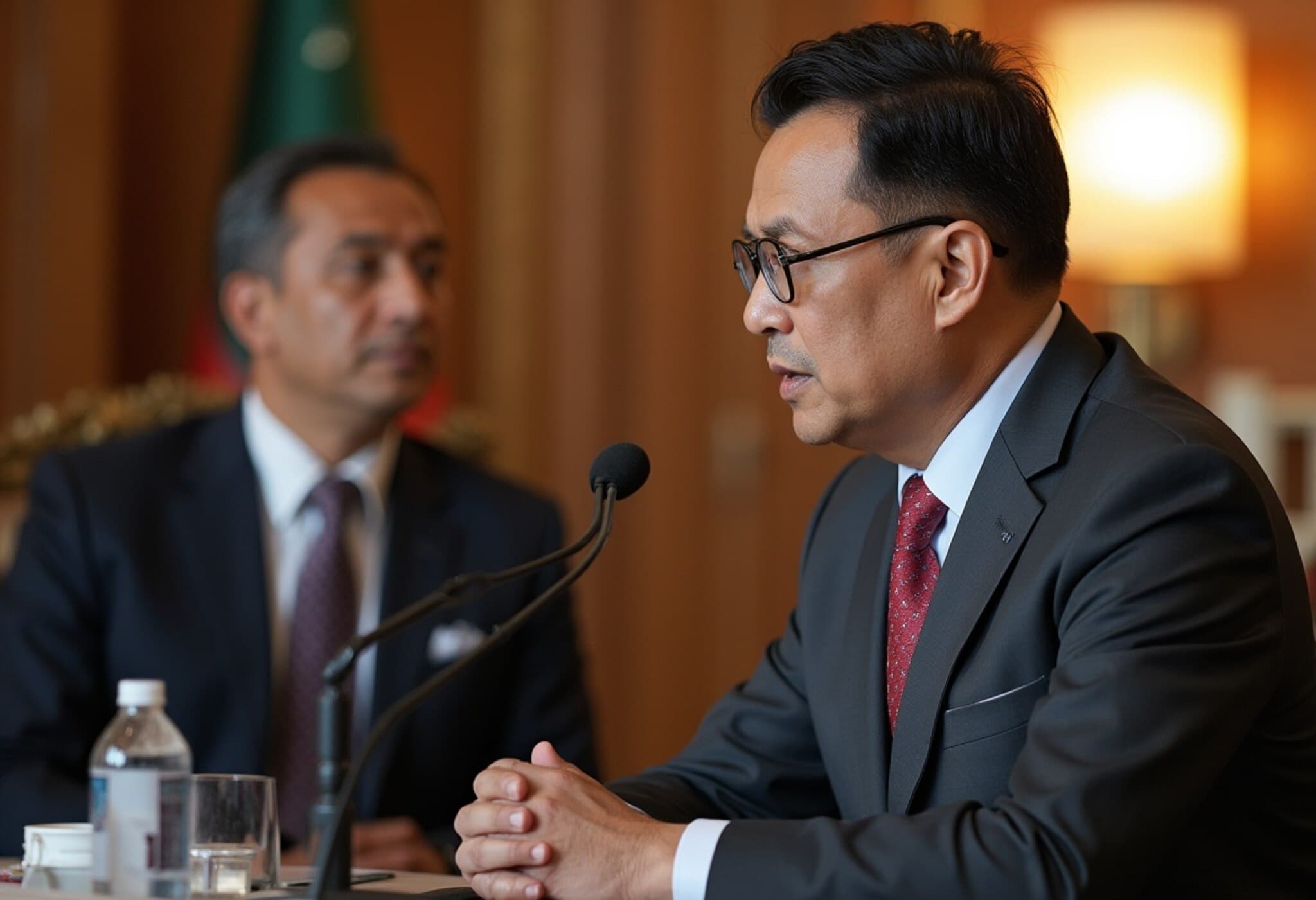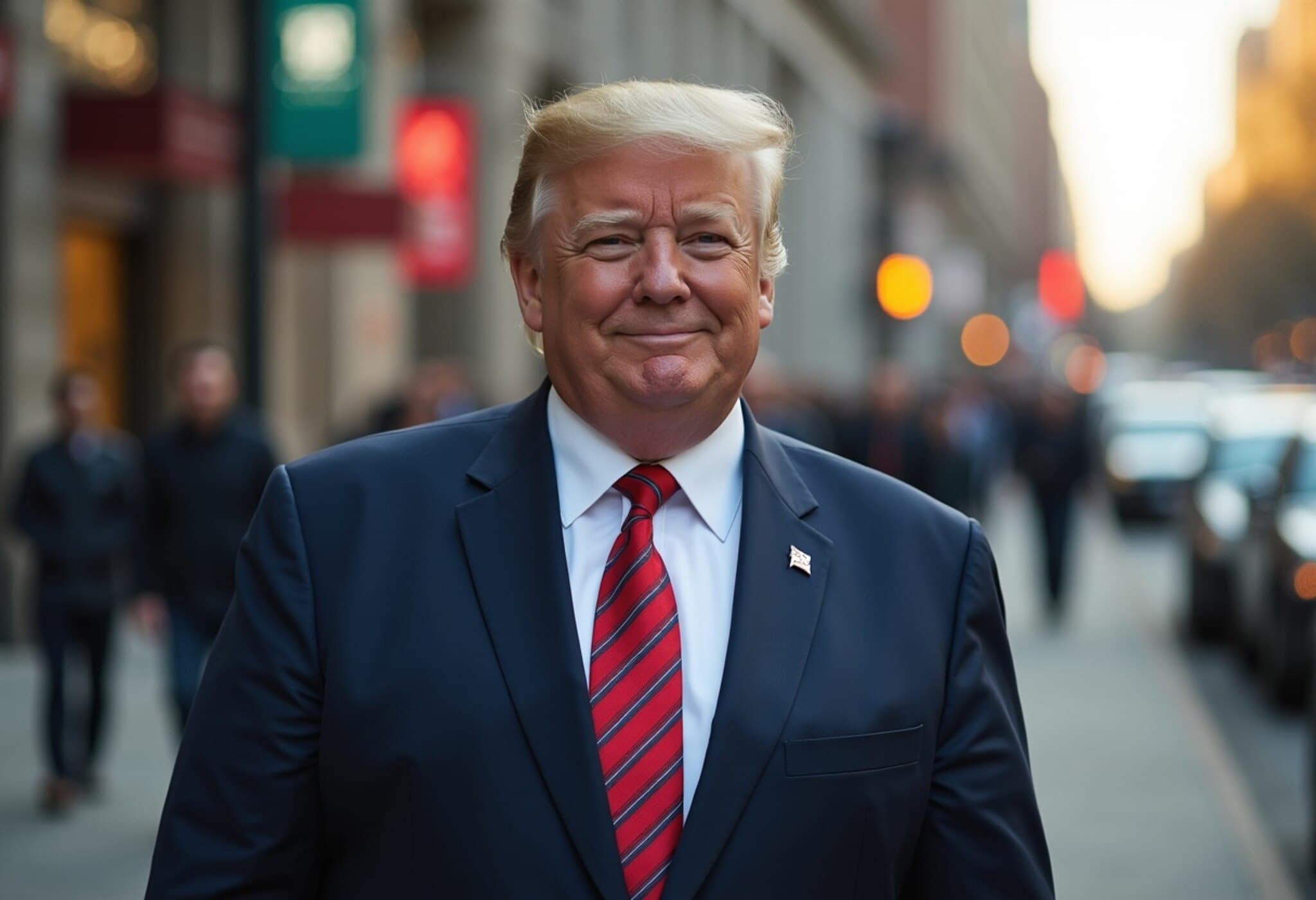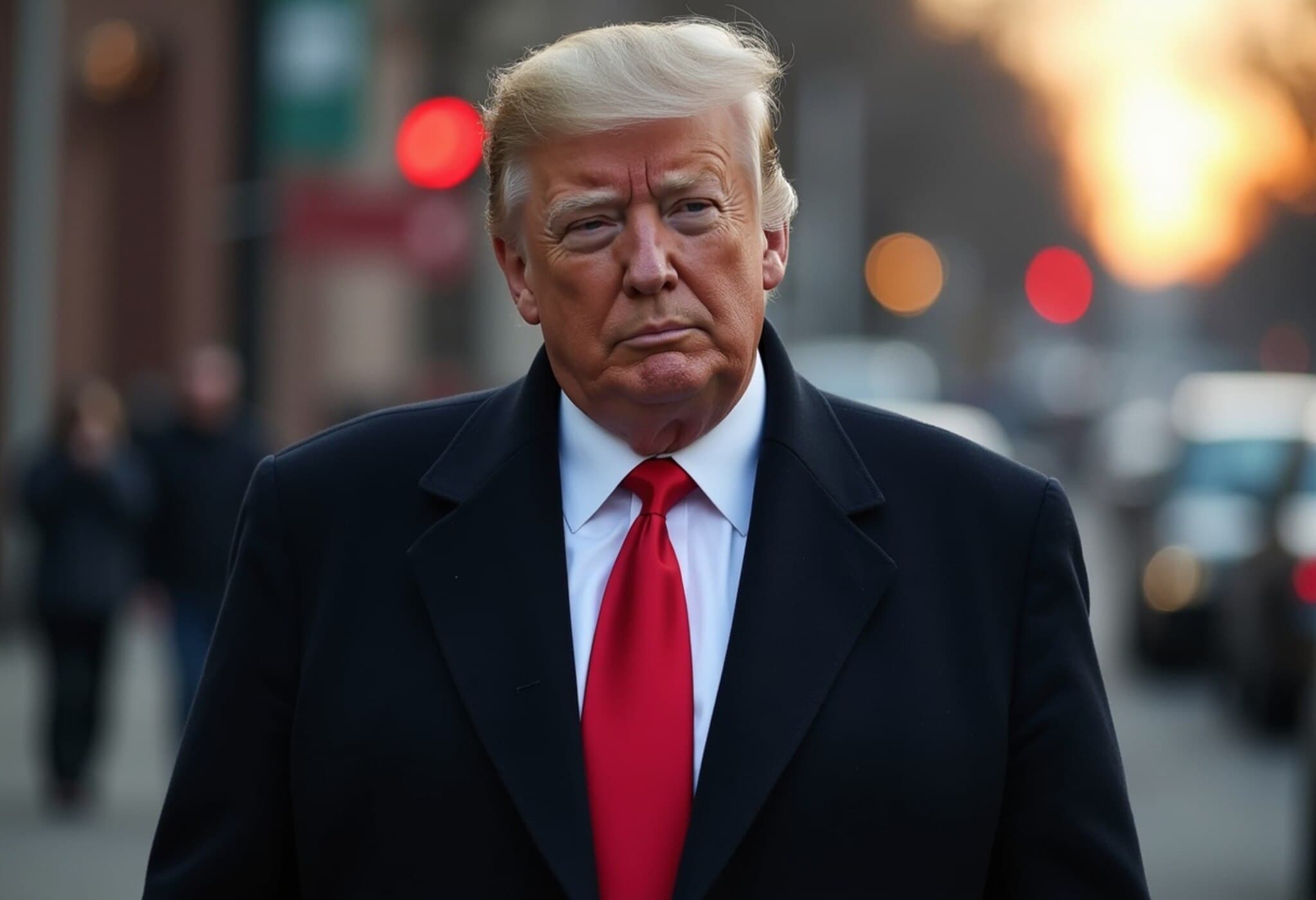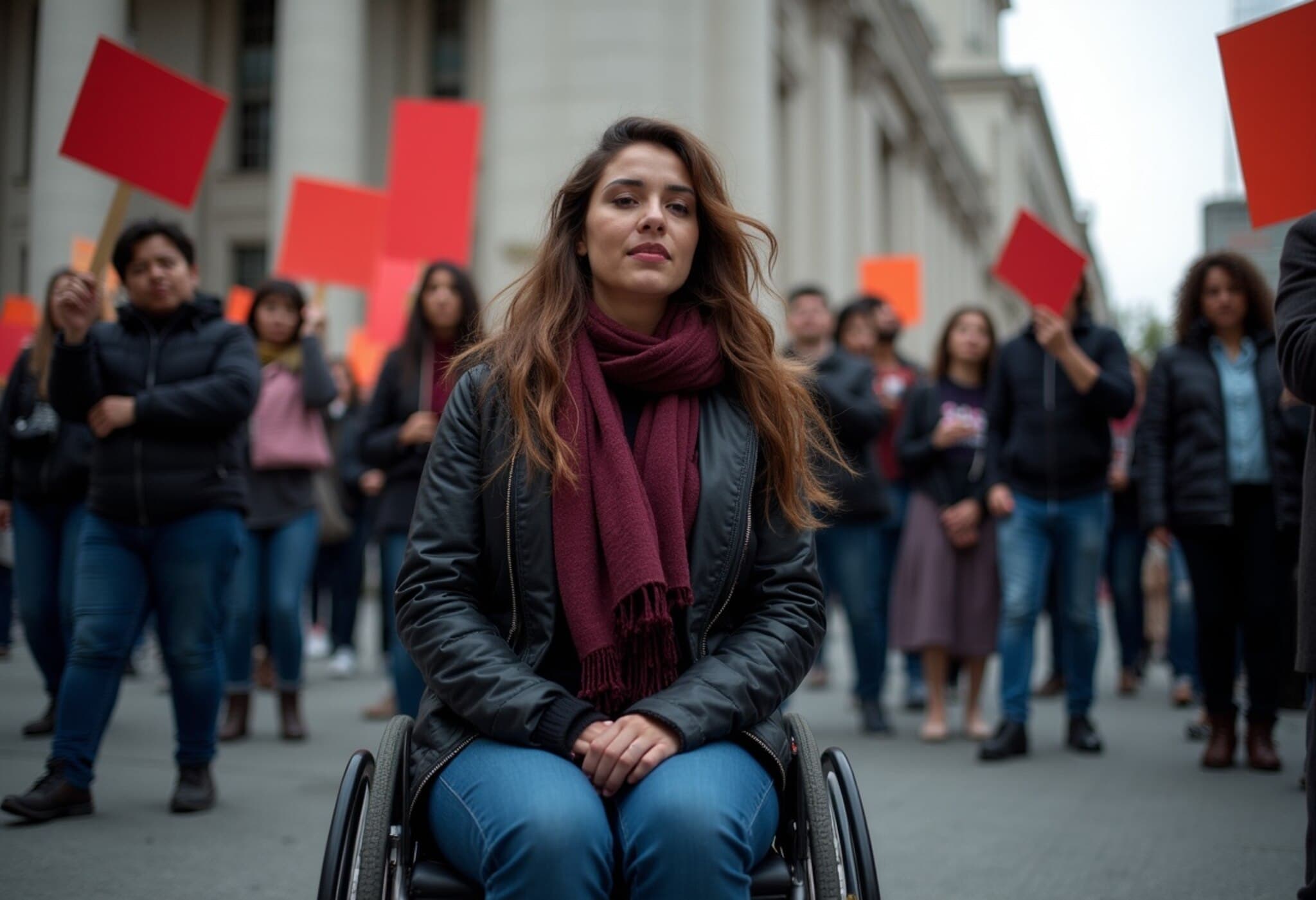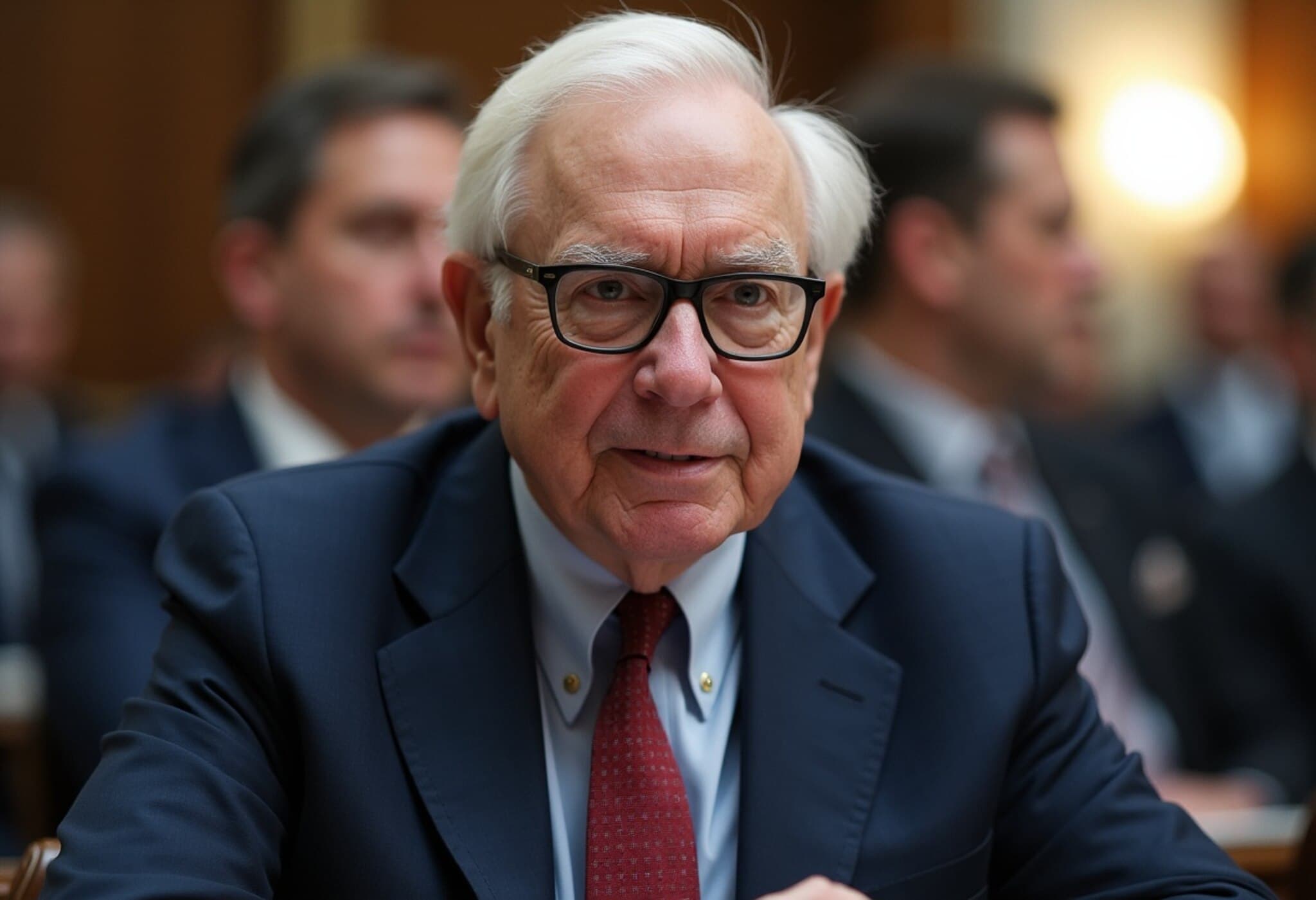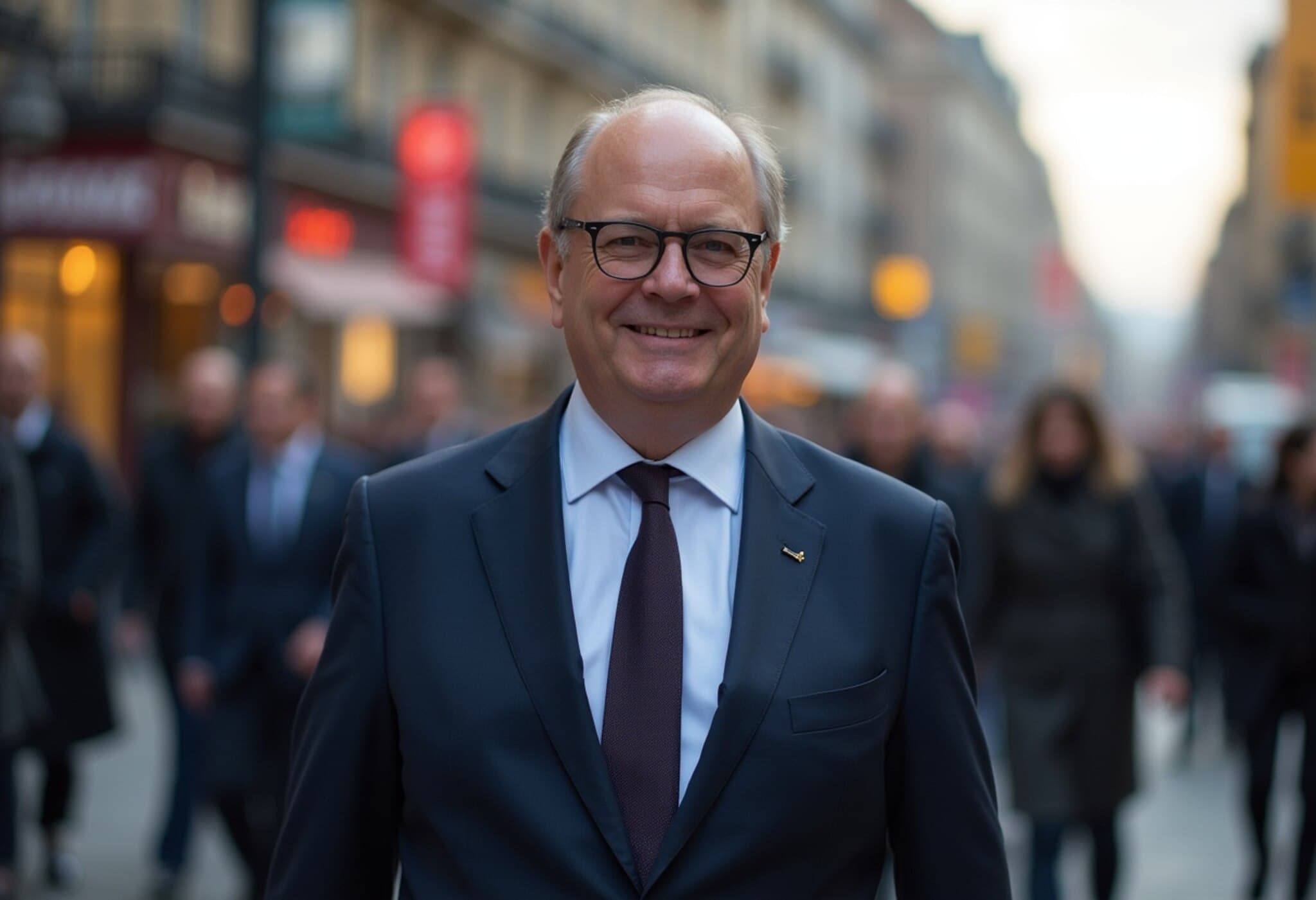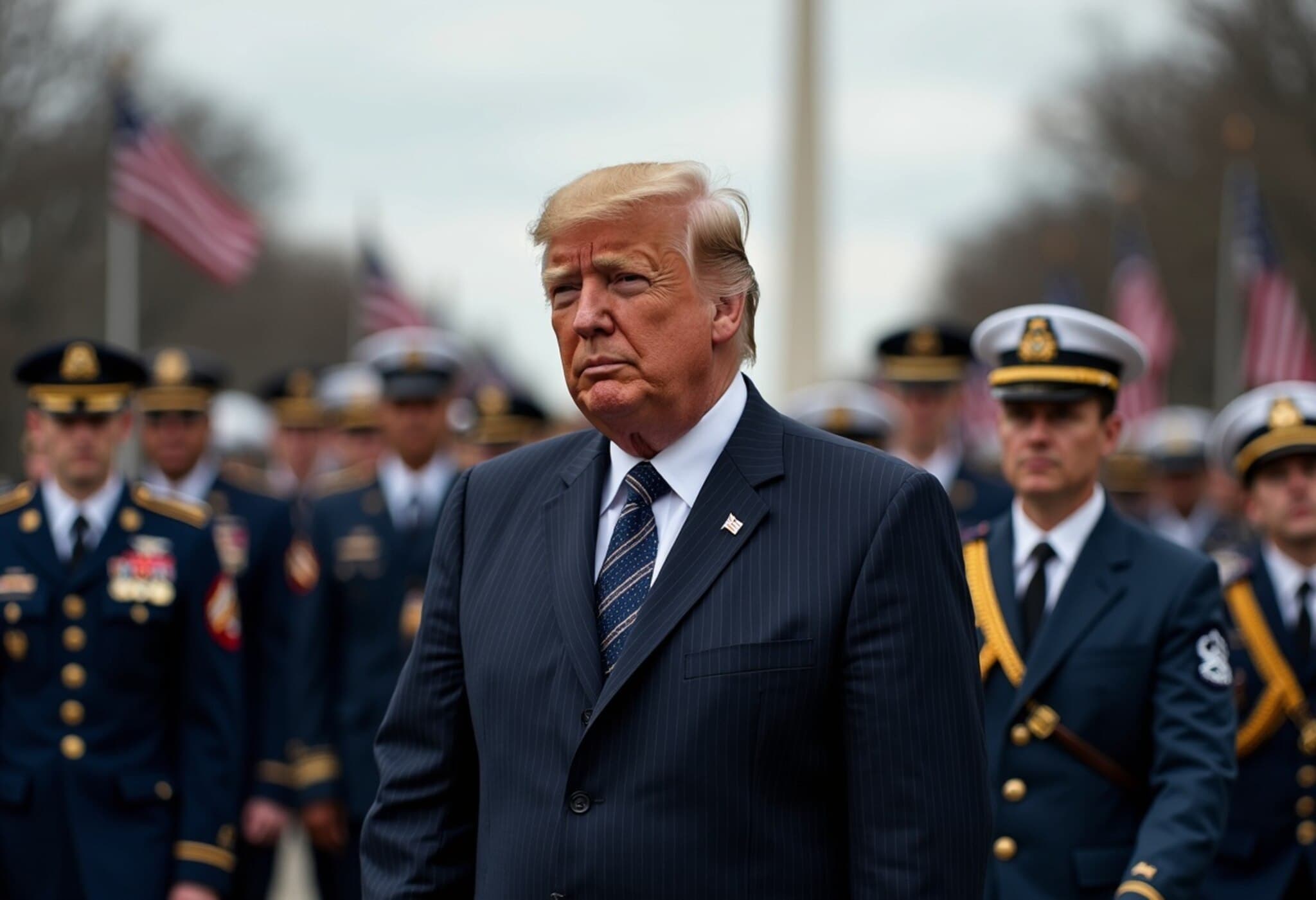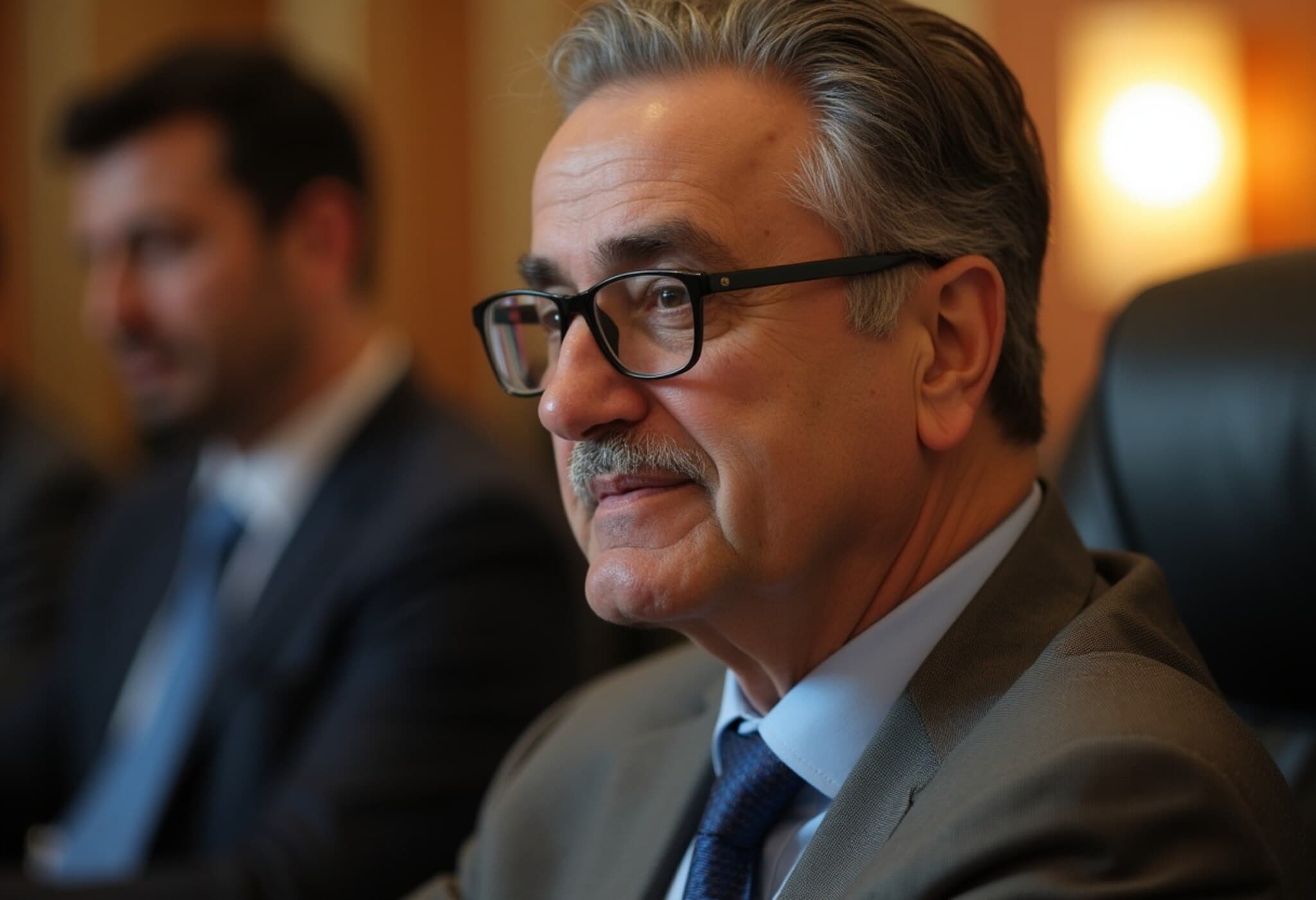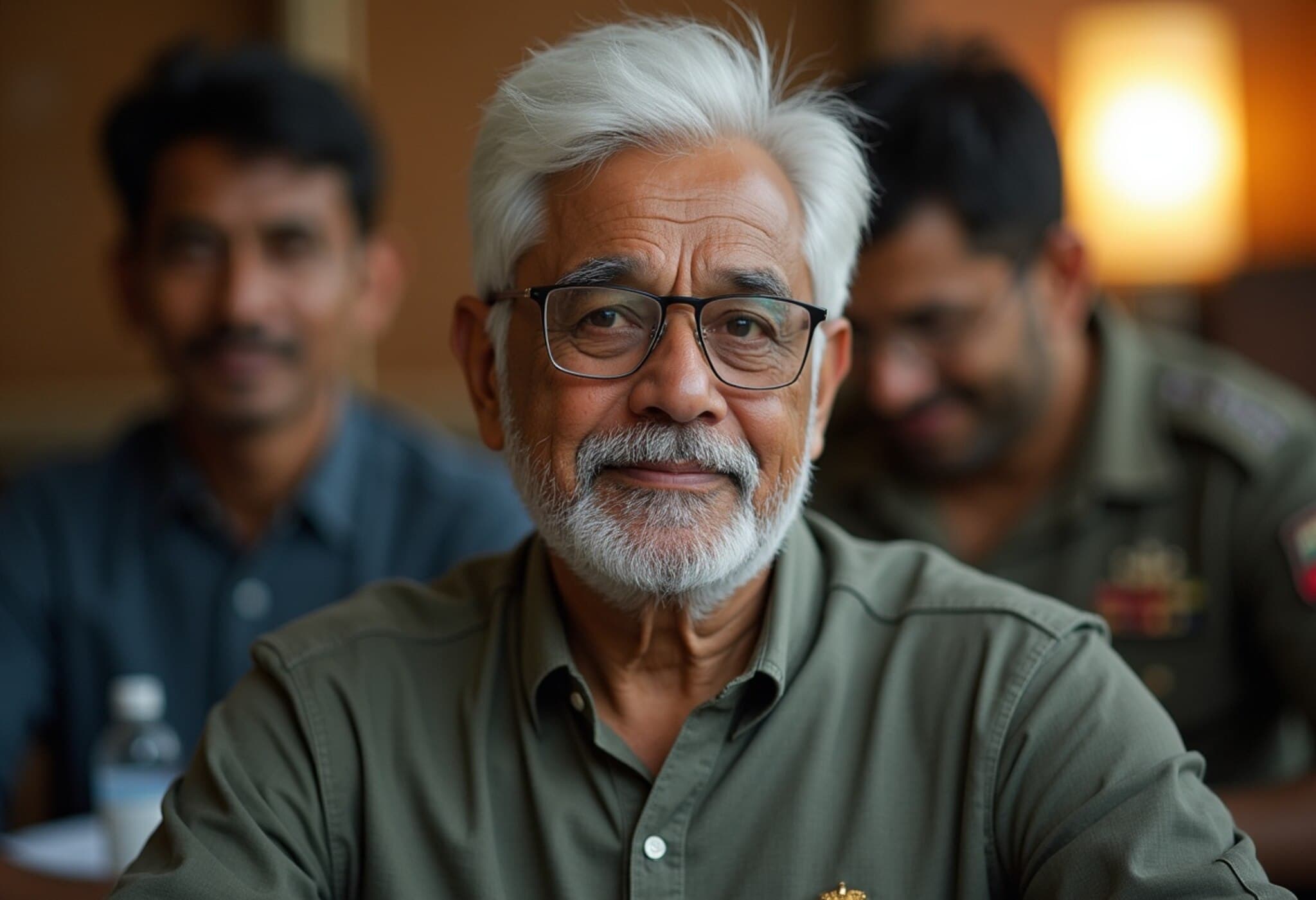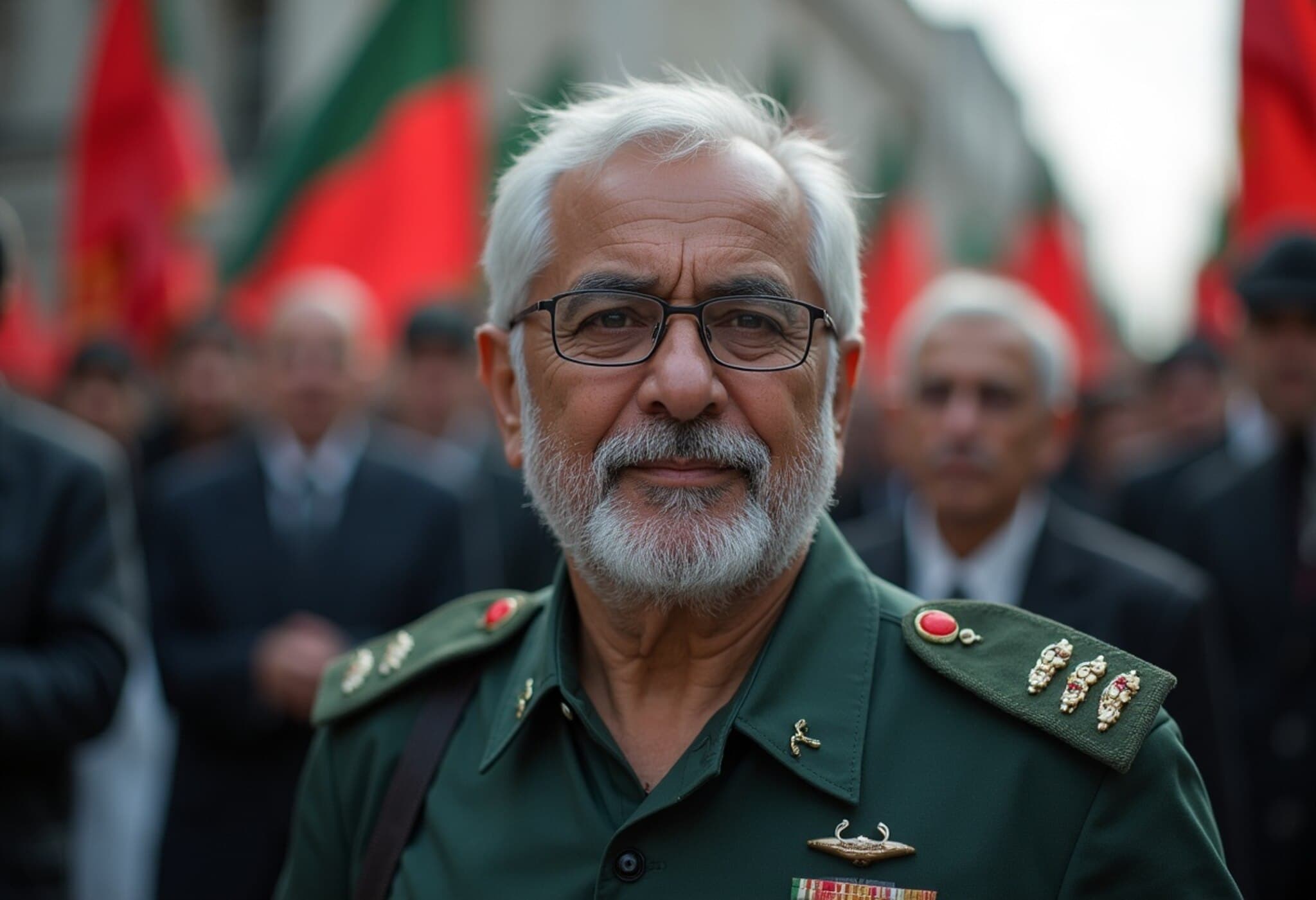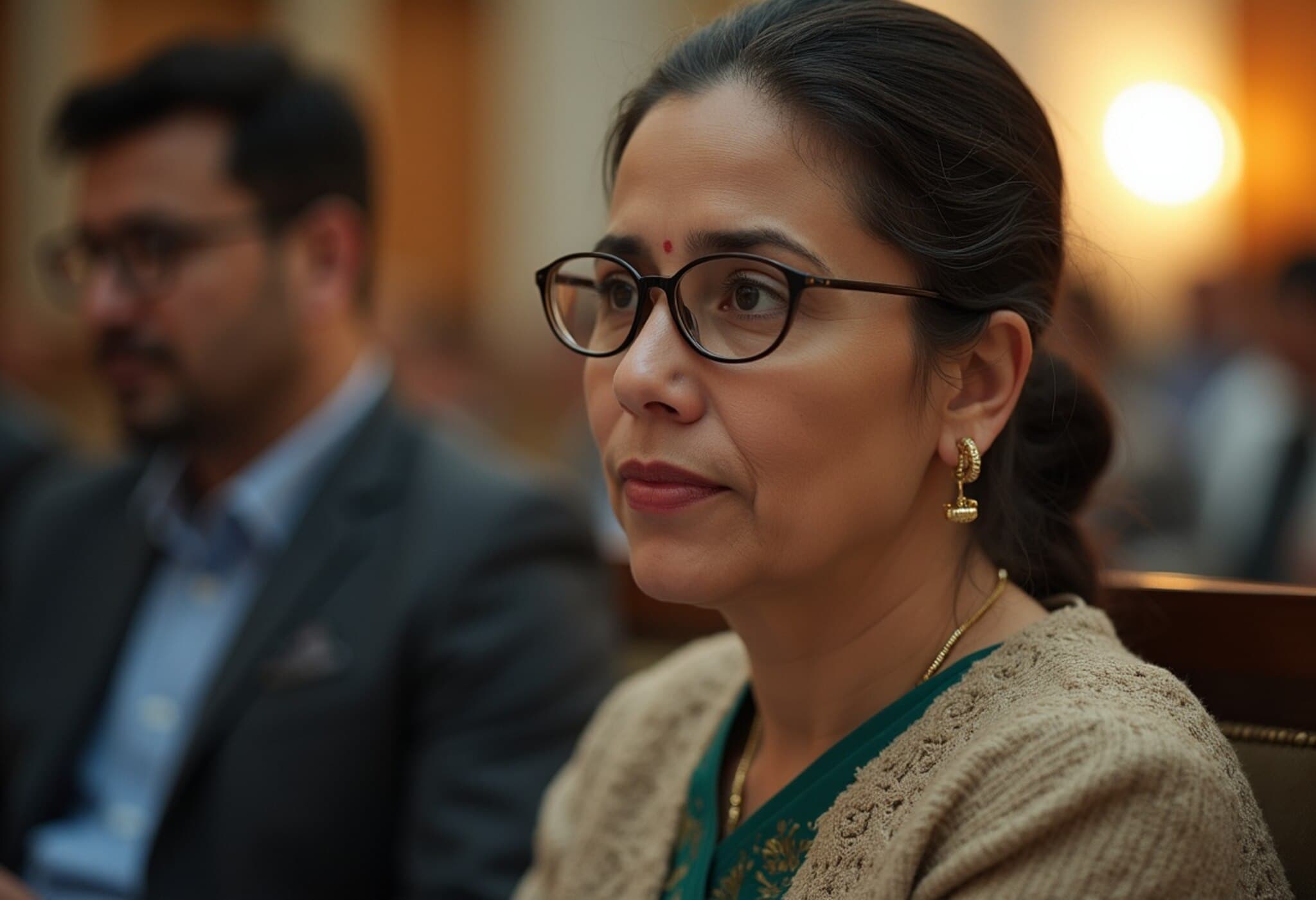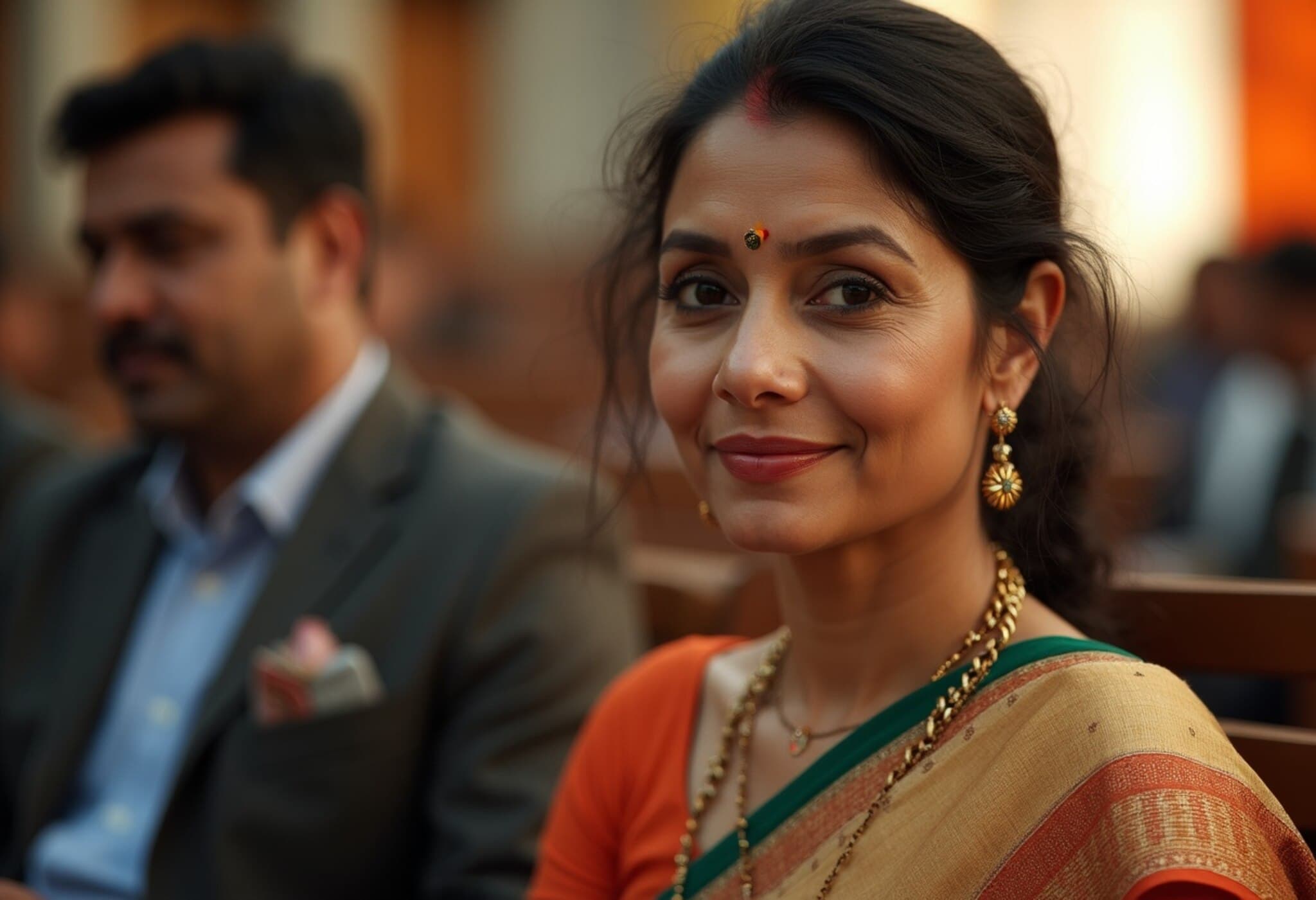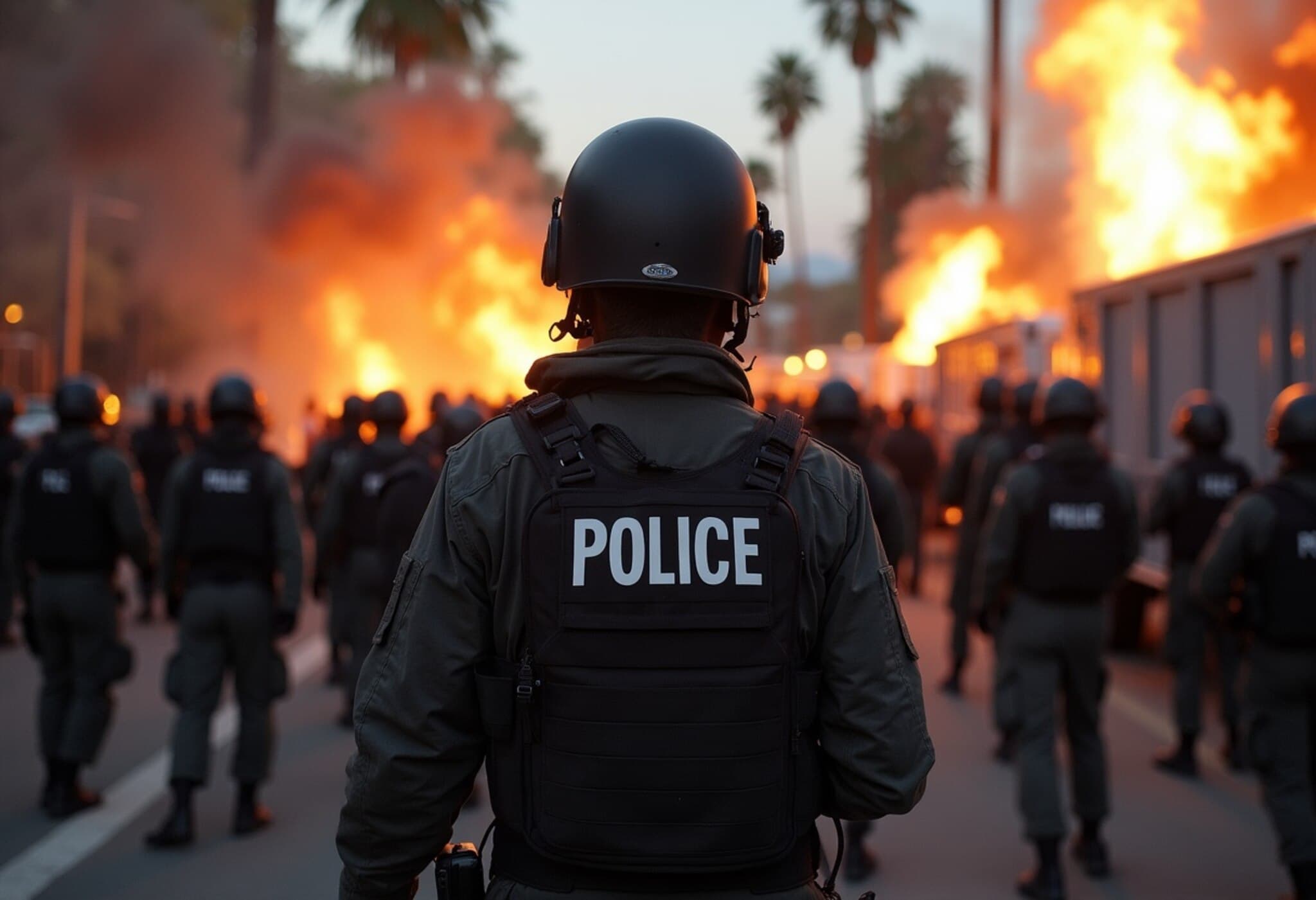Yunus-Tarique Rahman Meeting Fuels Talk of Political Comeback
Bangladesh's political landscape is once again stirring as Chief Adviser Muhammad Yunus prepares to meet Tarique Rahman, acting chairman of the BNP and son of former Prime Minister Khaleda Zia, in London on June 13. This highly anticipated meeting has ignited speculation about Rahman's potential return to Dhaka after years in exile.
Who is Tarique Rahman?
Tarique Rahman has been living abroad since 2008, originally traveling to London for medical treatment. However, fearing persecution back home, he has remained in exile ever since. In 2023, a Bangladeshi court sentenced him to nine years in prison on corruption charges brought by the government led by Sheikh Hasina. Rahman has consistently led opposition efforts against Hasina's administration, actively campaigning for her resignation.
The Political Context in Bangladesh
Following the ousting of Sheikh Hasina’s Awami League government in August 2024, Bangladesh entered a period of political uncertainty. The current Chief Adviser carries the constitutional responsibility of overseeing upcoming elections. However, his plans hinge on implementing a package of six reforms aimed at ensuring fair electoral processes—a move that has provoked resistance, especially from the BNP which has boycotted the reform efforts.
What Could the Meeting Mean?
The upcoming discussion between Yunus and Rahman is broadly expected to focus on the timing and conditions for the next national elections. Central issues likely include electoral reforms and guarantees for transparent, credible polls—key to calming ongoing political unrest.
Adding fuel to the speculation, BNP Secretary General Mirza Fakhrul Islam Alamgir stated in Dhaka, "He [Rahman] will return soon." Although no specific timeline was provided, this statement has stirred hopes within opposition ranks and the Bangladeshi diaspora.
Looking Ahead
While it remains unclear whether Tarique Rahman will indeed make a swift comeback, the London meeting clearly marks a significant attempt at political dialogue. As Bangladesh faces a pivotal moment, stakeholders will be watching closely to see if this talks pave the way for reconciliation and a peaceful electoral process.

